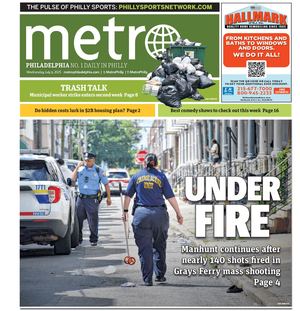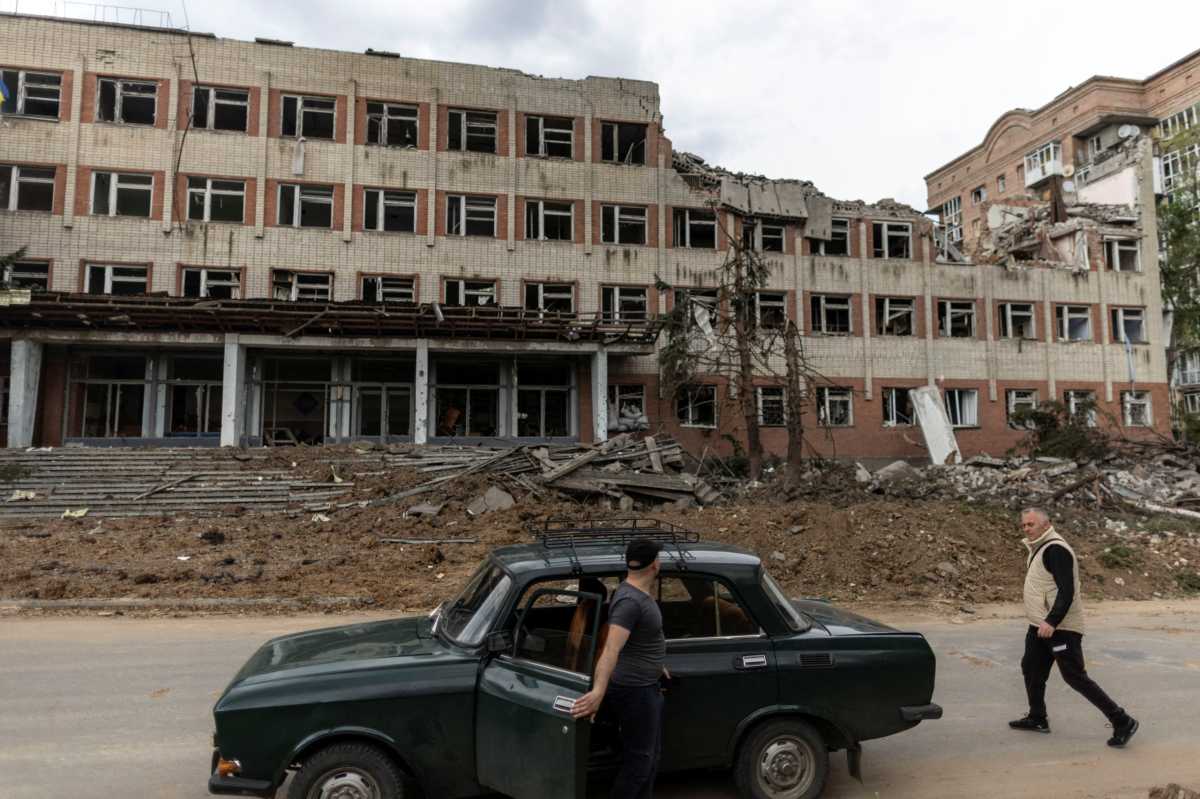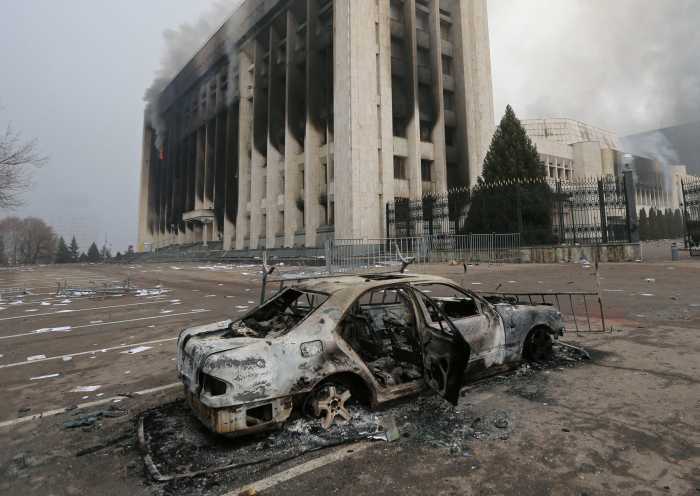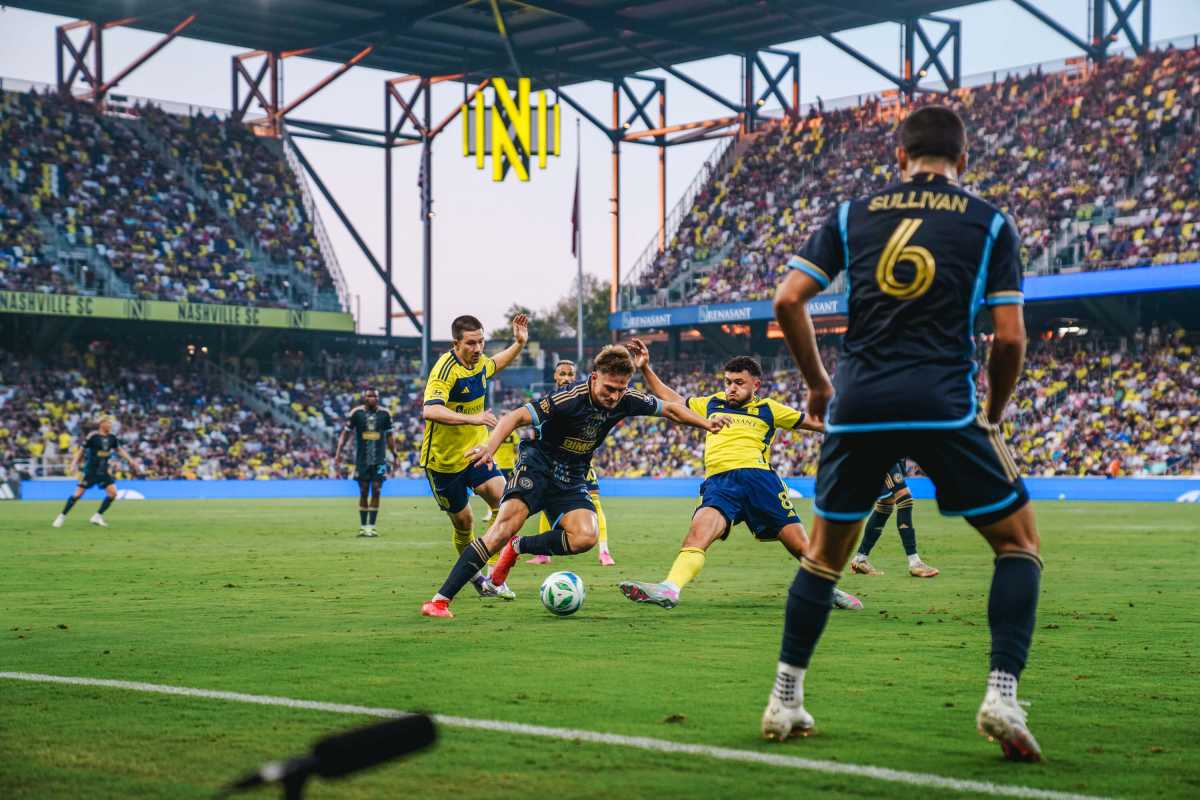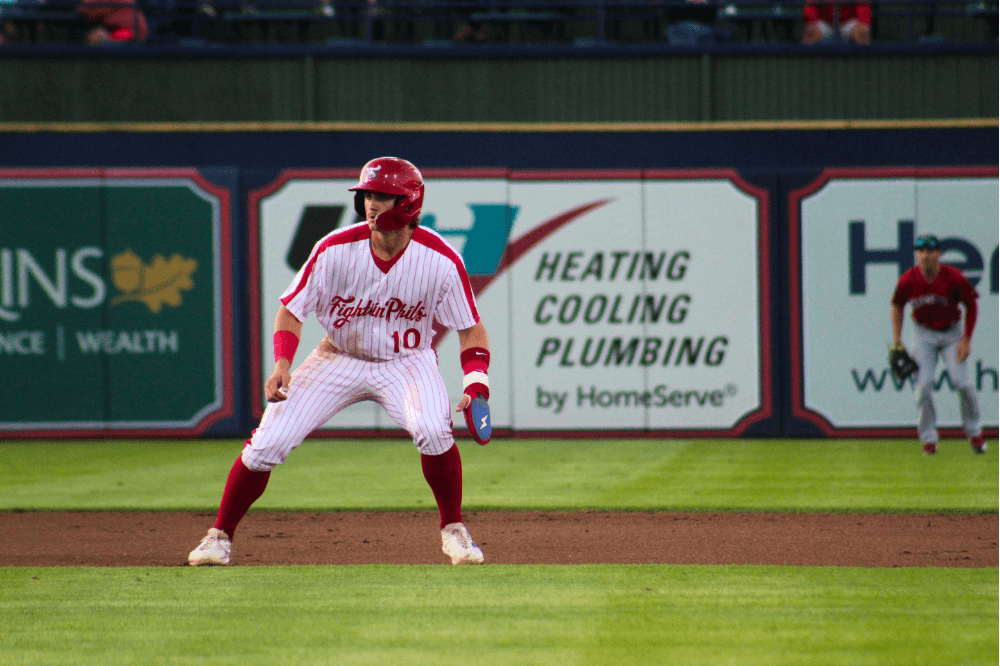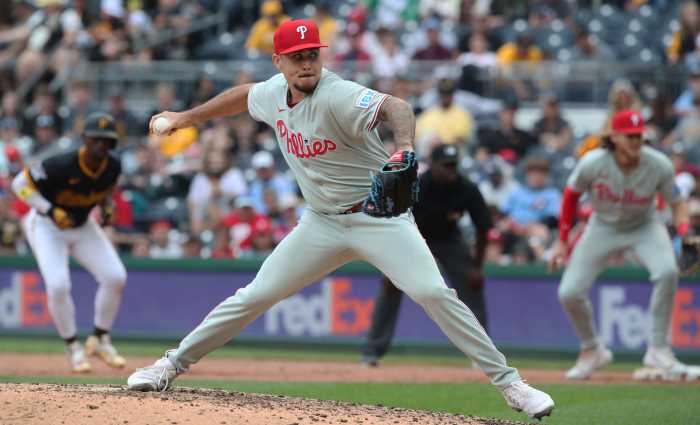By Conor Humphries and Max Hunder
KYIV – Ukraine ruled out a ceasefire or any territorial concessions to Moscow as Russia stepped up its attack in the country’s east and south, pounding the Donbas and Mykolaiv regions with air strikes and artillery fire.
Kyiv’s stance has become increasingly uncompromising in recent weeks as Russia experienced military setbacks while Ukrainian officials grew worried they might be pressured to sacrifice land for a peace deal.
“The war must end with the complete restoration of Ukraine’s territorial integrity and sovereignty,” Ukraine’s presidential chief of staff Andriy Yermak said in a Twitter post on Sunday.
Polish President Andrzej Duda offered Warsaw’s backing, telling lawmakers in Kyiv on Sunday that the international community had to demand Russia’s complete withdrawal and that sacrificing any of it would be a “huge blow” to the entire West.
“Worrying voices have appeared, saying that Ukraine should give in to (President Vladimir) Putin’s demands,” Duda said, the first foreign leader to address the Ukrainian parliament in person since Russia’s Feb. 24 invasion.
“Only Ukraine has the right to decide about its future,” he said.
Speaking to the same parliamentary session, Ukrainian President Volodymyr Zelenskiy renewed a plea for stronger economic sanctions against Moscow.
“Half-measures should not be used when aggression should be stopped,” he said.
Shortly after both finished speaking, an air raid siren was heard in the capital, a reminder that the war raged on even if its front lines are now hundreds of kilometers away.
Zelinskiy said at a press conference with Duda that 50-100 Ukrainians are dying every day on the war’s eastern front in what appeared to be a reference to military casualties.
Russia is waging a major offensive in Luhansk, one of two provinces in Donbas, after ending weeks of resistance by the last Ukrainian fighters in the strategic southeastern port of Mariupol.
The heaviest fighting focused around the twin cities of Sievierodonetsk and Lysychansk, interior ministry adviser Vadym Denysenko told Ukrainian television on Sunday.
The cities form the eastern part of a Ukrainian-held pocket that Russia has been trying to overrun since mid-April after failing to capture Kyiv and shifting its focus to the east and south of the country.
Russian shelling and “heavy fighting” near Sievierodonetsk has continued, but the invading forces failed to secure the nearby village Oleksandrivka, a Ukrainian military statement said.
Russia’s defense ministry said on Sunday its forces pummeled Ukrainian command centers, troops and ammunition depots in Donbas and the Mykolaiv region in the south with air strikes and artillery.
Reuters was unable to independently verify those battlefield reports.
Russian-backed separatists already controlled parts of Luhansk and neighboring Donetsk before the invasion, but Moscow wants to seize the remaining Ukrainian-held territory in the region.
An explosion severely injured a Russian-appointed mayor in the town of Enerhodar, Russia’s RIA news agency reported. Reuters could not immediately establish what caused the explosion.
Ukraine’s lead negotiator, Zelenskiy adviser Mykhailo Podolyak, ruled out any territorial concessions and rejected calls for an immediate ceasefire, saying it meant Russian troops would stay in occupied territories, which Kyiv could not accept.
“The (Russian) forces must leave the country and after that the resumption of the peace process will be possible,” Podolyak said in an interview with Reuters on Saturday, referring to calls for an immediate ceasefire as “very strange.”
Concessions would backfire because Russia would use the break in fighting to come back stronger, he said.
Recent calls for an immediate ceasefire have come from U.S. Defense Secretary Lloyd Austin and Italian Prime Minister Mario Draghi.
